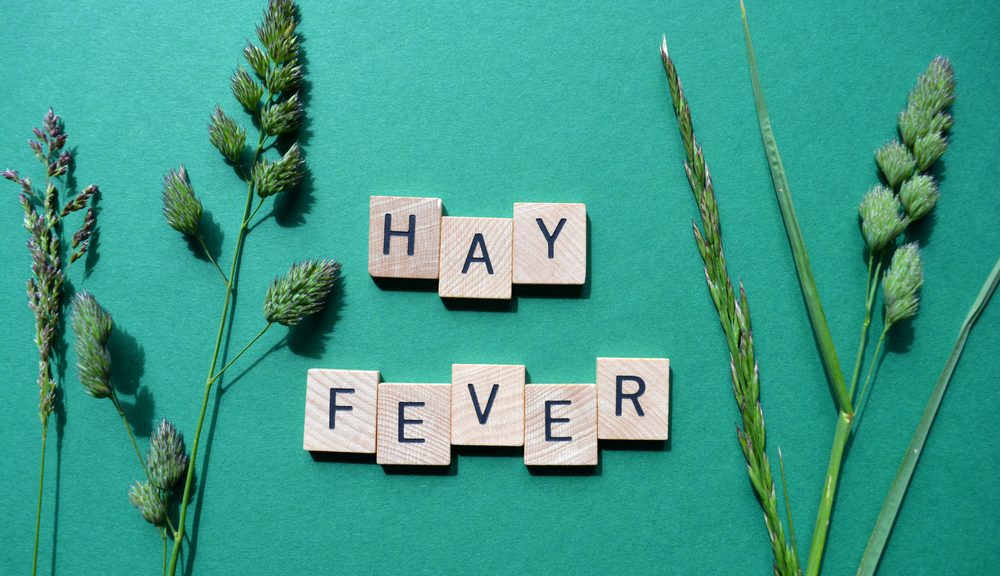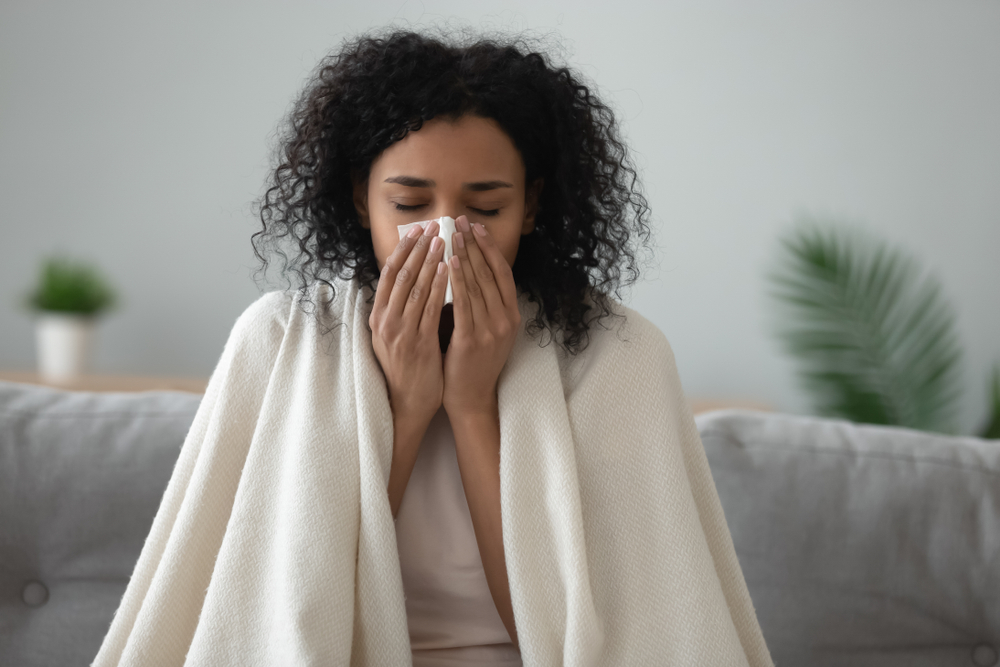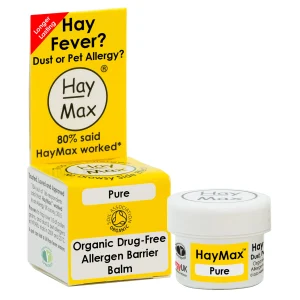
Warning for hay fever sufferers
Hay fever sufferers are being warned by an airborne allergens expert that this month’s mild weather could lead to an earlier peak in pollen.
Max Wiseberg, airborne allergens expert, says the recent mild weather conditions is leading to alder trees pollinating early, which could be bad news for those who experience hay fever symptoms.
“I have heard of alder trees already pollinating earlier than usual and reports that people are already experiencing hay fever symptoms,” explains Max. “This has been triggered by the mild spell of weather and a mild winter. It looks like Birch pollen – one of the worst for hay fever sufferers – is also going to be released a couple of weeks early.
“With allergies, avoiding the allergen is the best way to deal with them – but it’s difficult when pollen is invisible.”
Max says there are a number of ways you can help stop pollen triggering your hay fever symptoms, so can enjoy the good early weather. Here he shares a few simple avoidance tips to try:
“Tie long hair up before you go outdoors and wear a hat or cap when outside to prevent pollen particles being caught in your hair. And wearing wraparound sunglasses, as well as protecting your eyes from the sun, will help prevent pollen particles coming in contact with your eyes.

“Use an organic drug-free allergen barrier balm such as HayMax as a natural prevention to stop the pollen getting into your body. Everyone can tolerate a certain amount of pollen without reaction – known as their ‘trigger level’. Once this level is reached, an allergic reaction will start to occur. An allergen barrier balm applied around the rim of the nostrils and bones of the eyes will help reduce the amount of pollen getting in. HayMax organic drug-free allergen barrier balms have been proven to trap over one third of pollen grains before they enter the body and are suitable for children, to use during pregnancy, and for breastfeeding women.
“Wash your face as soon as you get back home. This will wash away allergens so that they can’t cause a reaction, and a cool compress will soothe sore eyes. Keep doors and windows closed so that pollen doesn’t drift into your home or get blown in by the wind.
“Vacuum regularly, especially beds and fabrics, to remove pollen particles. I also recommend damp dusting surfaces, which helps prevent the pollen being dispersed back into the air.
“Dry your clothes indoors rather than on a clothes line to prevent pollen particles being blown onto the clothes by the outside wind.
“Hay fever can lead to tiredness, fatigue and exhaustion, and can affect how you sleep – causing sleep disturbance and difficulty getting to sleep. These symptoms can in turn zap your energy levels, leaving you feeling low and sluggish. So a good night’s sleep is important. Shower at night before sleeping to remove pollen particles from your hair and body, then apply an allergen barrier balm. And wash bedding very regularly to remove allergens, especially pillow cases.
“Get plenty of exercise. If you are doing an outdoor activity, try to avoid the early morning or early evening as this is when the pollen count is at its highest.
“Stress the big stuff. You need a bit of stress to get you out of bed each day but too much and your symptoms will get worse and you’ll be sneezing, weeping, scratching and sniffing your way through the day. So concern yourself with the big stuff and leave the little stuff to its own devices.
“Reduce the amount of alcohol you drink. Beer, wine and spirits all contain histamine, the chemical that sets off allergy symptoms in your body. In addition to making you more sensitive to pollen, alcohol also dehydrates you, making your symptoms seem worse.”
Visit the HayMax website at www.haymax.biz/hay-fever/ for more ideas on how you can help reduce the effects of tree pollen.